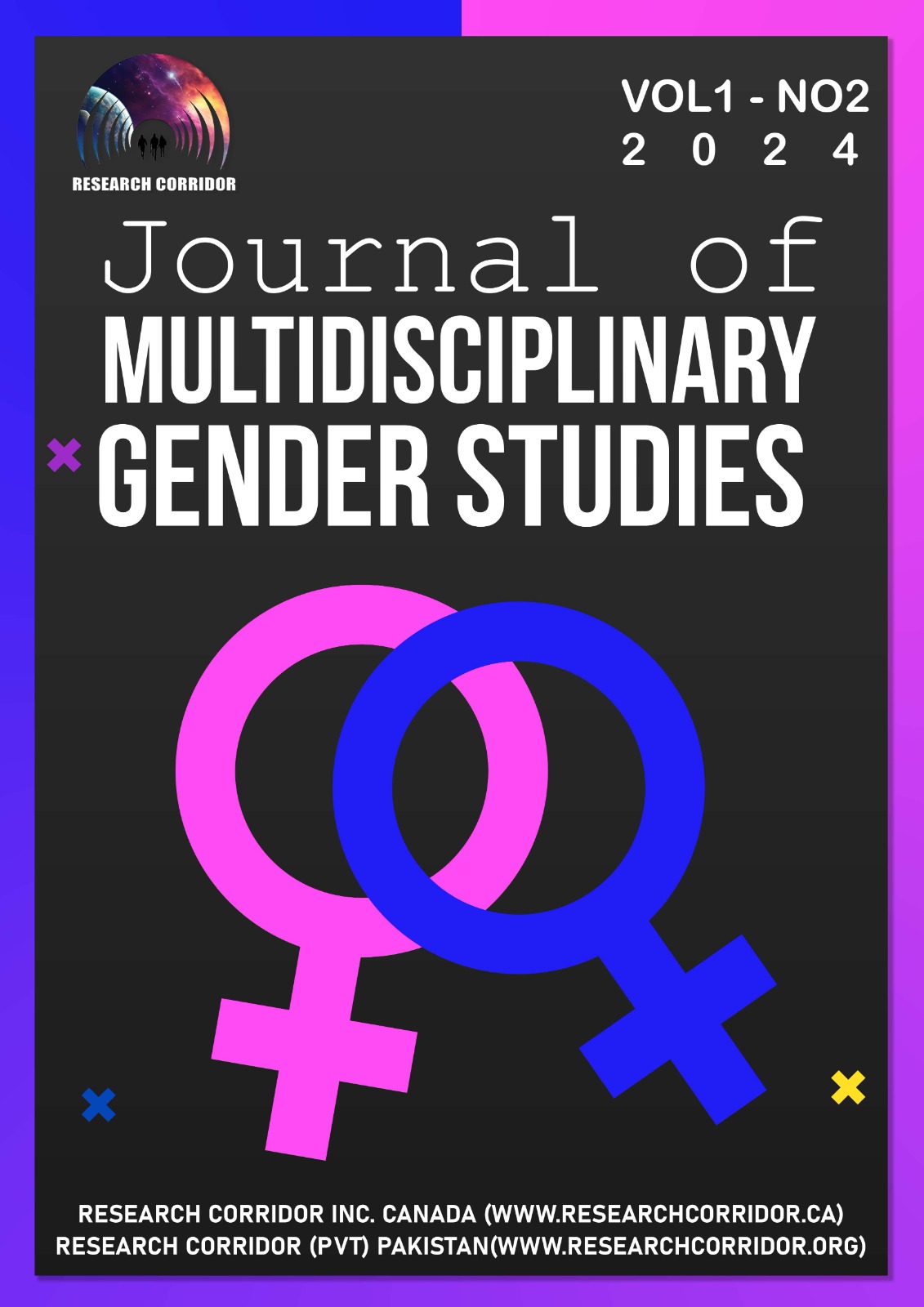Artificial Intelligence and Gender Bias: Analyzing Algorithmic Discrimination in Language Models
Keywords:
Artificial Intelligence, Gender Bias, Algorithmic Discrimination, Natural Language Processing, Machine Learning, Ethical AI, Fairness in AI, Bias Mitigation, Inclusive AI Development, Computational LinguisticsAbstract
Artificial Intelligence (AI) has revolutionized various domains, yet concerns regarding algorithmic bias remain a significant challenge, particularly in language models. Gender bias in AI-driven natural language processing (NLP) systems manifests in multiple ways, including skewed representations, stereotypical associations, and discrimination in automated decision-making. This paper analyzes the roots of gender bias in language models by exploring the role of training data, model architectures, and deployment strategies. The study highlights how AI systems inherit biases from textual corpora and how these biases are perpetuated and amplified in real-world applications. Furthermore, the ethical and societal implications of algorithmic discrimination are discussed, emphasizing the potential consequences for marginalized communities. Existing mitigation techniques, such as bias detection frameworks, debiasing algorithms, and inclusive training datasets, are evaluated to determine their efficacy in reducing gender disparities in AI-generated content. While advancements in fairness-aware AI development have shown promise, challenges remain in ensuring that models align with ethical principles without compromising performance. The paper concludes by advocating for interdisciplinary collaboration, policy interventions, and responsible AI practices to mitigate gender bias in NLP models effectively. Addressing algorithmic discrimination requires continuous efforts from researchers, policymakers, and industry stakeholders to build AI systems that promote equity and inclusivity.





